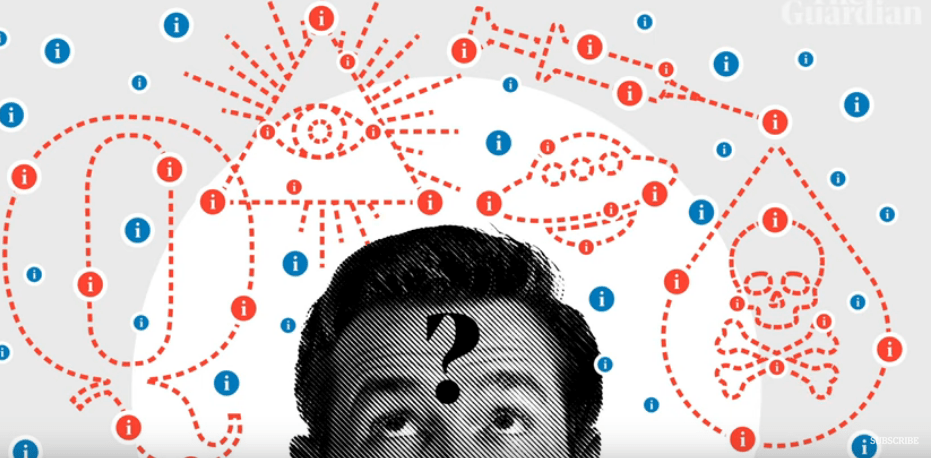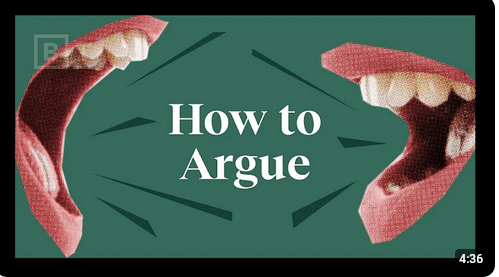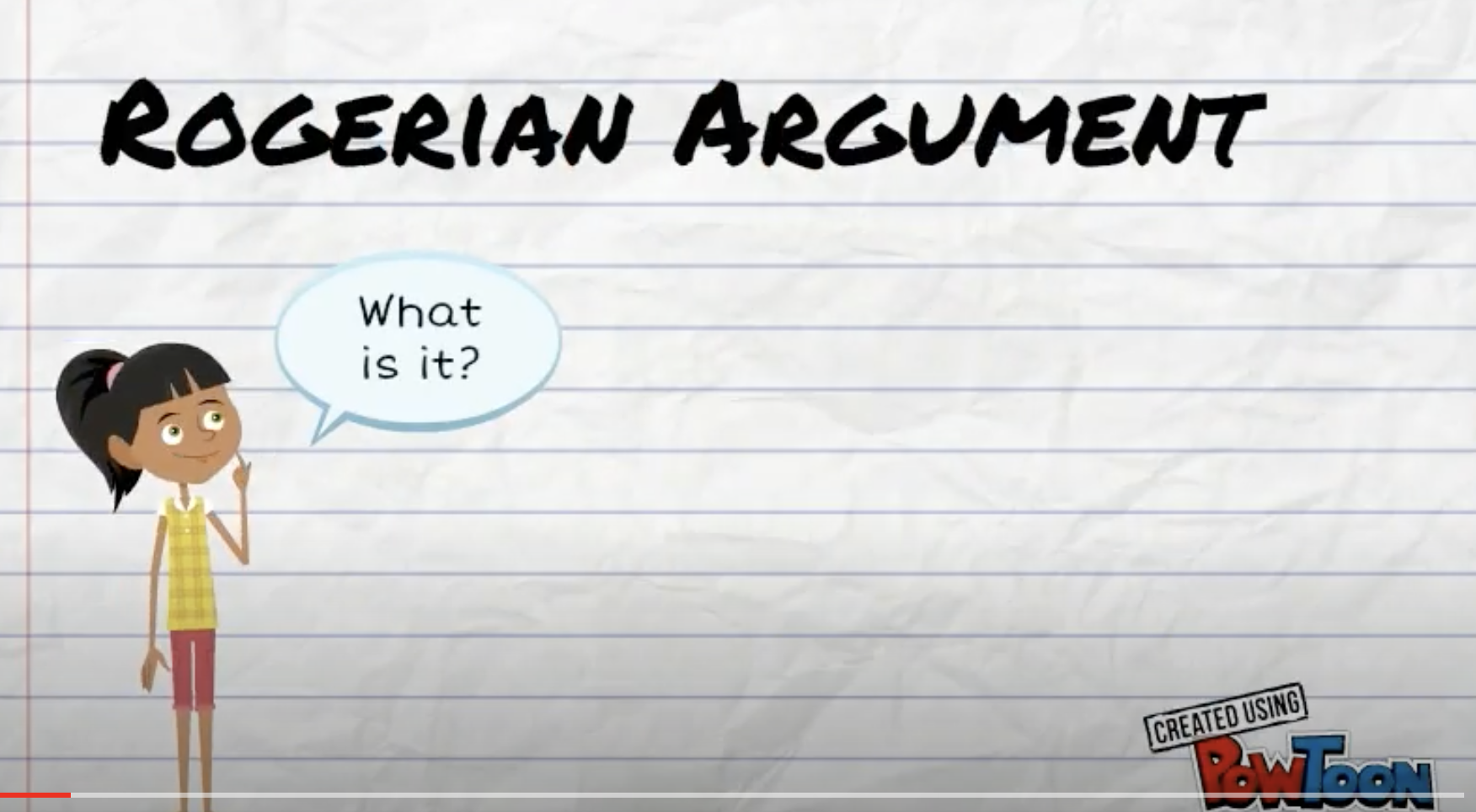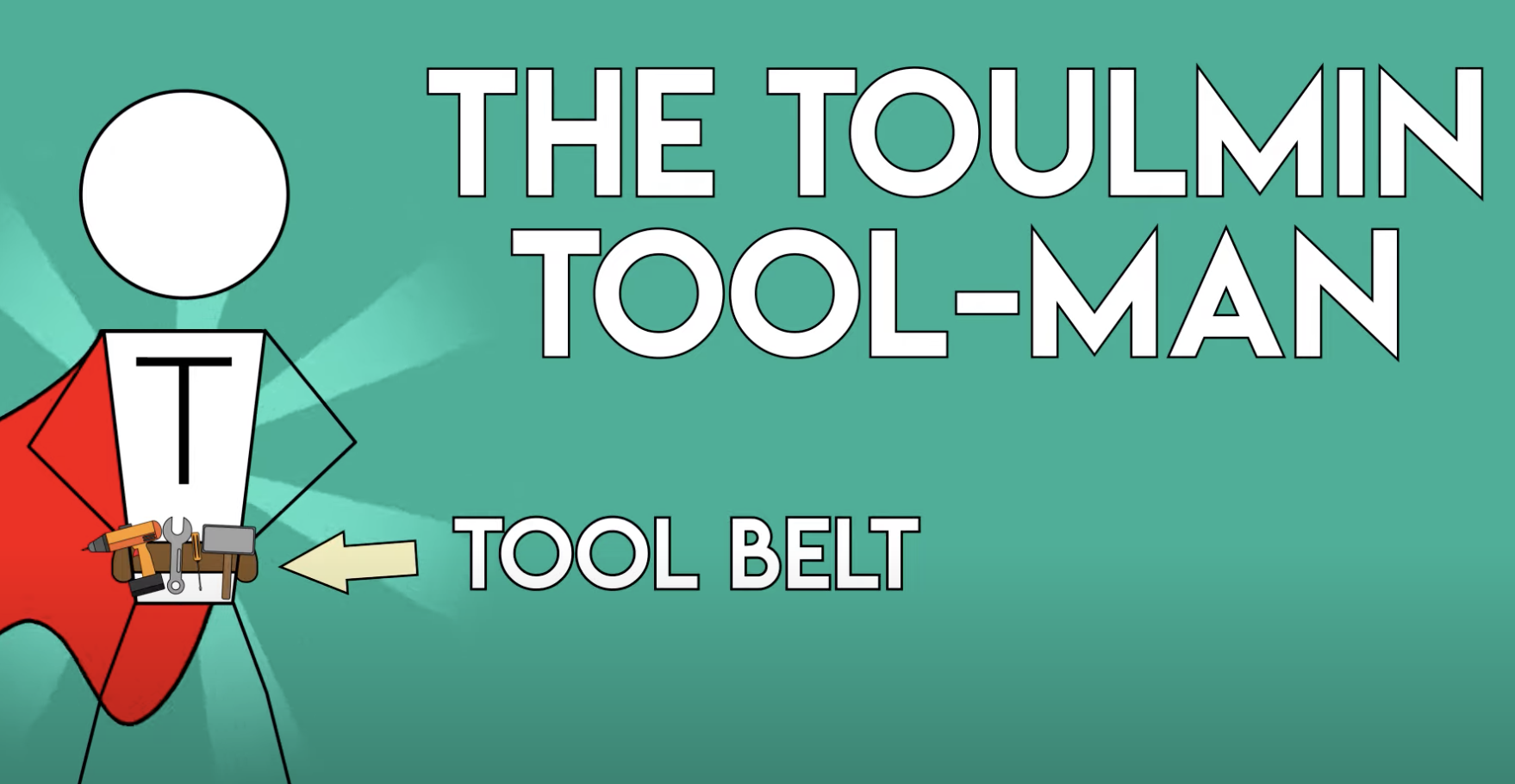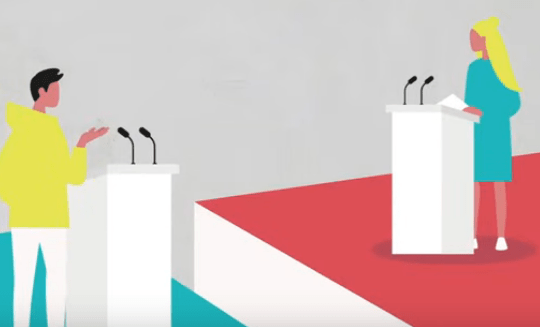Argumentation &
Evidence in Writing
— COMP 1, EN110
How will you provide evidence and support your claims?
How will you treat counterclaims?
What will your argument prove?






Kickstarter
How have you encountered the phrase "conspiracy theory"? What are the features and characteristics of a conspiracy especially as it relates to evidence? What is a personal experience you have with conspiracy theories when thinking about family, friends, or co-workers?


(Add as a comment response to Week 10 notes)
Evidence
- Ethos "Credibility" in Organizations and Sources
- EDU sources versus COM/NET sources
- Where do your facts and stats come from? A Study? Peer-Reviewed Journal?
- The type of publication tells me WHAT about the source.
- Current or outdated studies?
Conspiracy
- How do we define this area of arguments/debates?
- Conspiracy favors:
- Exclusivity or secret knowledge
- Government is the enemy
- Facts should fit the story being told.
- Get an "expert" that backs up the claim.
- Conspiracy favors:
Why are people attracted to conspiracy theories?
What we need to know...
"What they are finding on social media, however, often lacks substance, says Jessa Lingel, an associate professor at the Unviersity of Pennsylvania who studies digital culture. What I've noticed is that on three of the main platforms, YouTube, Instagram, and TikTok - there's a lot of messaging, but not a lot of information" (Canada 29)
4 Stages of Conspiracy Escalation on Social Media (Mikhaeil):
- Identity Confirmation
- Identity Affirmation
- Identity Protection
- Identity Enactment
"More than ever, developing media literacy and critical-thinking skills that can help citizens assess the credibility and validity of online information sources has become a critical challenge" (Mikhaeil)

Conspiracy Workstations
What strategies, techniques, or examples are important to draw on when exposing and combating false information and content from conspiracies?
〞

Consult our UNESCO article resource to adapt the 7 traits of a conspiracy theory to YOUR OWN conspiracy theory model!
How might you protect yourself from this conspiracy theory?


Practice Testing Your Knowledge of Denial Arguments, language, and conspiracies
Learn about misinformation, denying science, and false claims by playing the Cranky Uncle Text game provided through UNESCO. (5-10 minutes)
Post your thoughts in a REPLY to your Conspiracy Theory example.
Use the Conspiracy Generator App -
How do the examples you create with this tool mirror what you wrote about with the traits of a conspiracy?
Post your thoughts in a REPLY to your Conspiracy Theory example.
In your groups...
- Locate and read through how your members used the 7 traits of a conspiracy to craft their conspiracy -fueled community.
- Discuss with your group members which traits were easy or difficult to create and why.
- Leave a reply post to your group members about whether you agree with them or why you have evidence to disprove their theory.
Group Comparisons and Conspiracy Recruitment

Looking ahead to the Research Evidence Essay... finding & working with sources
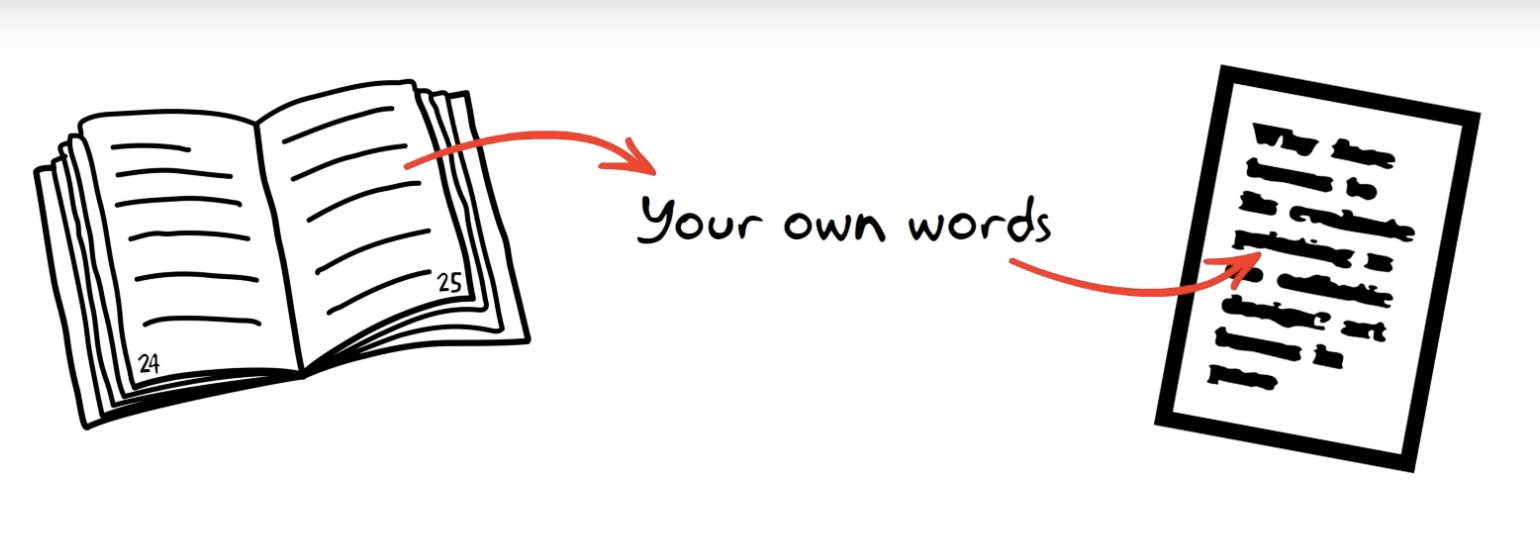


Think about our class sessions working with mock debates, conspiracies, arguments and the importance of SUPPORTING EVIDENCE USING SOURCES IN YOUR WRITING. For the third essay, you want to think about:
- What will you inform, persuade, or argue for your readers in the topic you choose? What professional or popular sources will you use?
- Are you arguing through persuasion, evaluation, or facts - combinations of several? Rogerian method? Toulmin method?
- Supporting evidence means doing some research on topics: where do you think your evidence/research will come from?
- What is a topic you want to educate your audience about?
- How will you put together your in-text citations and works cited page?
The Research Evidence Essay
- How will you put together your in-text citations and works cited page?
VERY IMPORTANT
These will be throughout your essay:
In-Text Citations MLA = (Author, page #), (Organization)
In-Text Citations APA = (Author, Date, p.#)
The Research Evidence Essay
Works Cited (at the end)
Felluga, Dino. Survey of the Literature of England. Purdue
U, Aug. 2006, web.ics.purdue.edu/~felluga/241/241/
Accessed May 10, 2010
What style or format will your research evidence essay take:
- Rogerian Argument format
- Toulmin Argument Format
- Arguments of Fact and Explanation
- Evidence-based essay to inform on a little-known topic or expand the larger conversation.
- Expose or Confirm a topic within a conspiracy, fandom, or related community
- Concern for a certain audience, company, organization
- Explore an issue within your given major/field or a career you want to go into.
Brainstorm Session with topics
What is a topic or issue that you want to explore BUT will need critical evidence/sources to back it up? Where does the topic fit into an on-going discussion...
- The Benefits and Drawbacks of Social Media Usage: What Users should know
- Artificial Intelligence in… (Writing, Gaming, Art, Technology)
- The Pros and Cons of Recycling and Environmental impact on MY Community
- Athletes Versus… (Name, Image, Likeness debate; scholarship/organization funding, the importance of PPEs, Being good role models/psychology, etc.)
- How to avoid toxic online spaces and what we need to know (healthy online practices, navigating new trends in social media sites or apps)
- Video game trends (Virtual Violence, Real-World Situations, Problems to Fix)
- Health and Nutrition trends (lifestyle influencers, diets that work, fitness, etc.)
- Within my major/field of study, there is a concern about X. Here’s why…
Brainstorm Session with topics
You Should Mix and Match Where Evidence Comes from...spend some time searching for relevant sources as evidence you could use in your argumentative essay!

What types of arguments are there?
- Arguments of Persuasion
- Arguments of Evaluation
- Arguments of Fact and Explanation
- Rogerian Argument
- Toulmin Argument
The following information taken from (Libretexts 6.4)

Kickstarter
Whether in writing, conversation, or public speaking, arguments form the backbone of academic writing. Take a 3-5 minutes to reflect on:
(Add as a comment to your Week 9 notes)
- What is a personal experience you've had with arguments?
- What determines whether an argument is effective or ineffective?
- What points did you or the other person make?

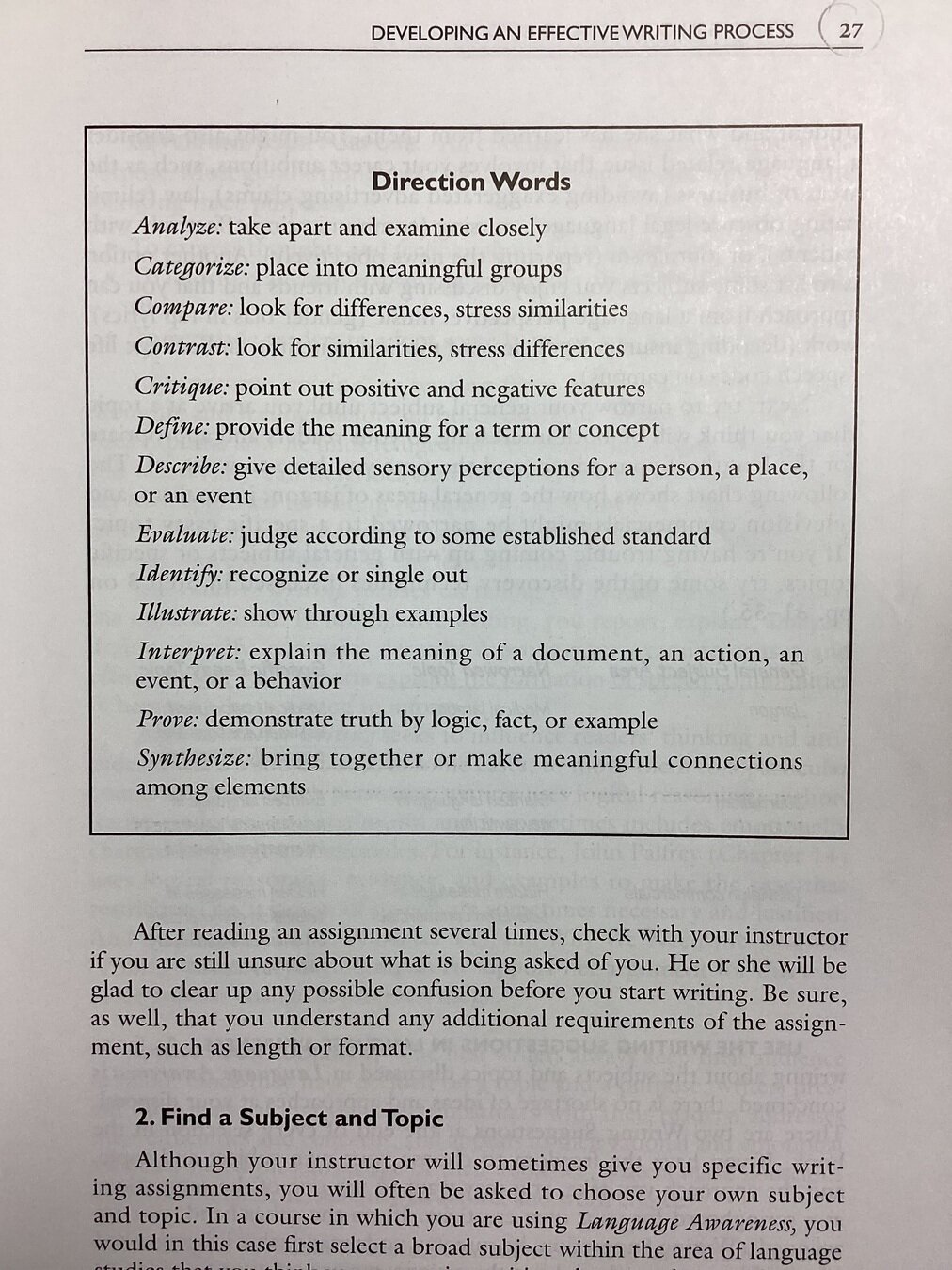
- The more productive approach is to persuade your audience to consider your claim as a sound one, not simply the right one.
- Clearly articulate your claim and the main reasons for it.
- Anticipate and address counterarguments.
- Make sure your support comes in many different
- Aim for respectful honesty.
3 Key Features = Confidence, Neutrality, Courtesy and Fairness
Arguments of Persuasion
Arguments of Evaluation
Arguments of Fact & Explanation
- Establish why that fact is true.
- Establish that the conclusion is true.
- Has a variety of premises & situation to arrive at a conclusion
- Attempts to show why and how something works
- Render a critical judgment on the merits of something.
- Declare your overall judgement of the subject under review.
- What is your criteria? (Logical standards of how you evaluate a situation or text)
- Draw your evidence from what you are reviewing
- Use concrete language, not vague language.
Insights into Arguments with Dan Shapiro, Harvard Negotiator
There's always two sides to any theory, idea, speculation... When have you flat out rejected something you saw on a TV show, news/documentary, or Internet site?
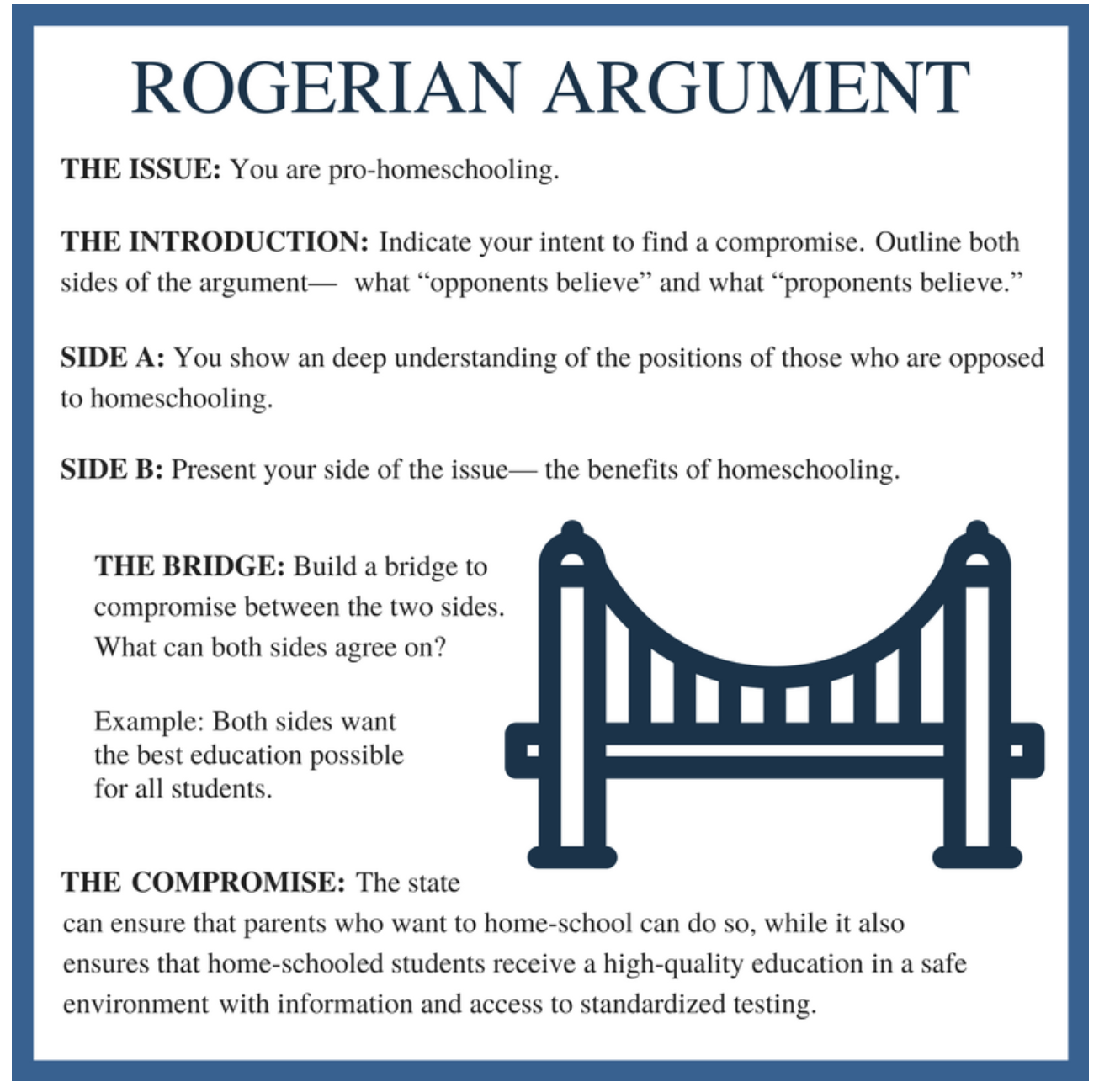
Rogerian Format for an Argument
-Addressing an issue with sides, finding common ground, and a compromise
Toulmin Argument Model
- Toulmin devoted his works to analyzing moral reasoning.
- He sought to develop practical ways to evaluate ethical arguments effectively.
- What are the six parts of the Toulmin Argument?

Steps for the Toulmin Method
1. Using the argument types (Rogerian/Toulmin) or a combination of a couple, propose a scenario or debate topic that your fellow classmates would find helpful. Tailor your audience to follow an argument/debate in your major/field, an interest area, public need, entertainment, digital spaces, etc.
2. For our next class session, we will get with our group members to discuss what we worked on and think about how a mock debate would function. How did you choose to form your persuasive argument?
In-Class: Individually
Crafting the Points of an Argument
(in a Word Doc)

Rogerian Format for an Argument

Steps for the Toulmin Method
From Jones' Article - "On Toulmin Method of argument"(p.169)

What kind of argument is your debate?
- Rogerian Argument
- Toulmin Argument
- Argument of Fact/Logic
- Argument of persuasion/evaluation
Mock Debate Pointers
Are there two sides?
How do you introduce this topic to the audience?
Is there support for each side? What?
Bias or Non-Bias?
Is there common ground or compromise?
Actions or goals of the argument?
How can debating influence your speaking and writing skills? What points and strategies do you have to consider?
In-Class: In groups (Mock Debate)
Step 1: As a group, read over fellow group members topics and then decide which topic you'd want to practice with in a mock debate.
Step 2: Discuss the following in your group and add comments under your selected topic (the group member's topic) such as:
- What side would you support?
- What evidence or strategy would you use?
- Did you use Rogerian or Toulmin method?
- Spend some time adding your thoughts under your group member's thread.
- What online site or supporting material might you use to support your side?
We will share our debate topics and ideas later.
1. APPLY: Looking across our three main readings this week (LibreText, Jones, University of the People), spend some time selecting a key quote or passage that gives good advice when considering arguments - Why did you select the quote or idea from the reading that you did? How did you work it into your own writing?
-
**Practice doing this in your writing showing evidence and reference to sources:
- (LibreText #) (Jones #) (University of the People #)
2. BRAINSTORM: What are the TOP 3 areas you may be interested in writing about or investigating further in this unit that's an argument that needs evidence? Something in your major, field of study, interest area?
In-Class Week 9: Argument Advice Wrap-Up
Argumentative & Persuasive Writing
By codys
Argumentative & Persuasive Writing
- 583
